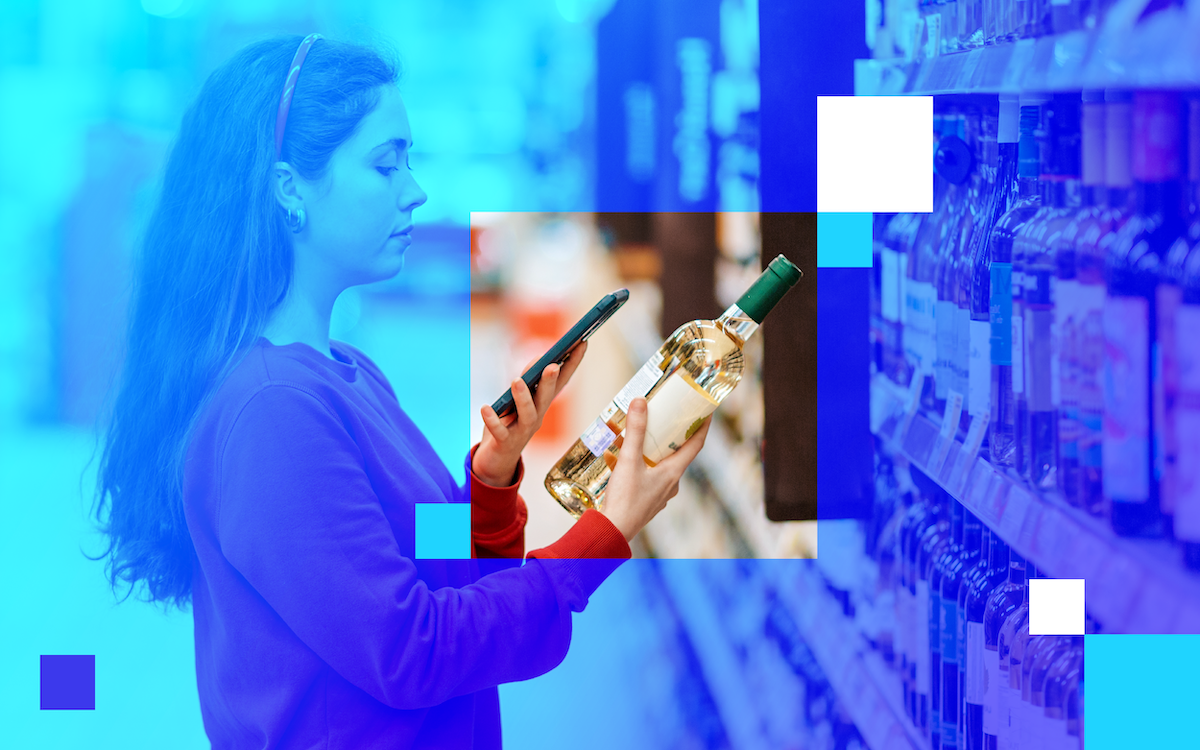August 15, 2024
Blog
How can coding and marking prevent food counterfeiting?
Laura Hindley
Senior PR & Communications Manager
Share
The influx of online shopping options has vastly accelerated the delivery of goods. And yet, this improved speed and efficiency has left the door open for more grifting and counterfeiting. The FDA estimates that food fraud, which commonly includes incorrect expiration dates or the incorrect listing of ingredients, is costing the industry as much as $40 billion a year.
Food and beverage companies can ill afford to ignore the issue of counterfeiting. Beyond being exorbitantly costly, food fraud can cause significant consumer safety issues and, as a result, irreparable damage to a brand’s reputation. This only heightens the importance of investing in the right technology.
Creating unique labels for enhanced visibility
Enhancing authentication and traceability, specifically through improved coding and marking, is one of the keys to solving the counterfeiting issue. Using secure coding and marking devices, which leverage laser and spray technologies to print on almost any surface, businesses can create unique product identifiers for improved visibility along the supply chain.
By properly utilizing coding and marking technology, organizations can print important information directly onto a product to further improve traceability along the supply chain and feel more confident in the deployment of their anti-counterfeiting measures.
For example, by creating and logging the Electronic Product Code (EPC) and unique tag ID for every tag encoded, organizations can create a “closed-loop” tag that can be automatically logged into its system and easily tracked along the supply chain. The creation of these tags improves product visibility, allowing manufacturers to see exactly which factory, country, and printer generated the tag and trace the product from origin to its destination.
Ultimately, organizations can keep track of their inventory much more easily and stay up to date on the state and status of their product as it goes to market.
The future lies in the Cloud
As food and beverage suppliers find themselves balancing threats of counterfeit goods and increasing regulatory oversight, they would be well-served to invest in a standardized and centralized cloud labeling platform to alleviate the difficulty of tracking and tracing along the supply chain.
These advanced solutions offer integration capabilities to manage output for all their print devices, including label printers, document printers, tag and ticket printers, continuous and thermal inkjet, label print and apply, thermal transfer overprint, and laser marking.
As the industry continues to undergo a digital transformation, these practices will become more commonplace, and consumers will have peace of mind knowing their food and beverage providers are doing everything they can to supply fresh and safe goods.
Learn how your business can enhance authentication and traceability through improved coding and marking in our recent whitepaper.


